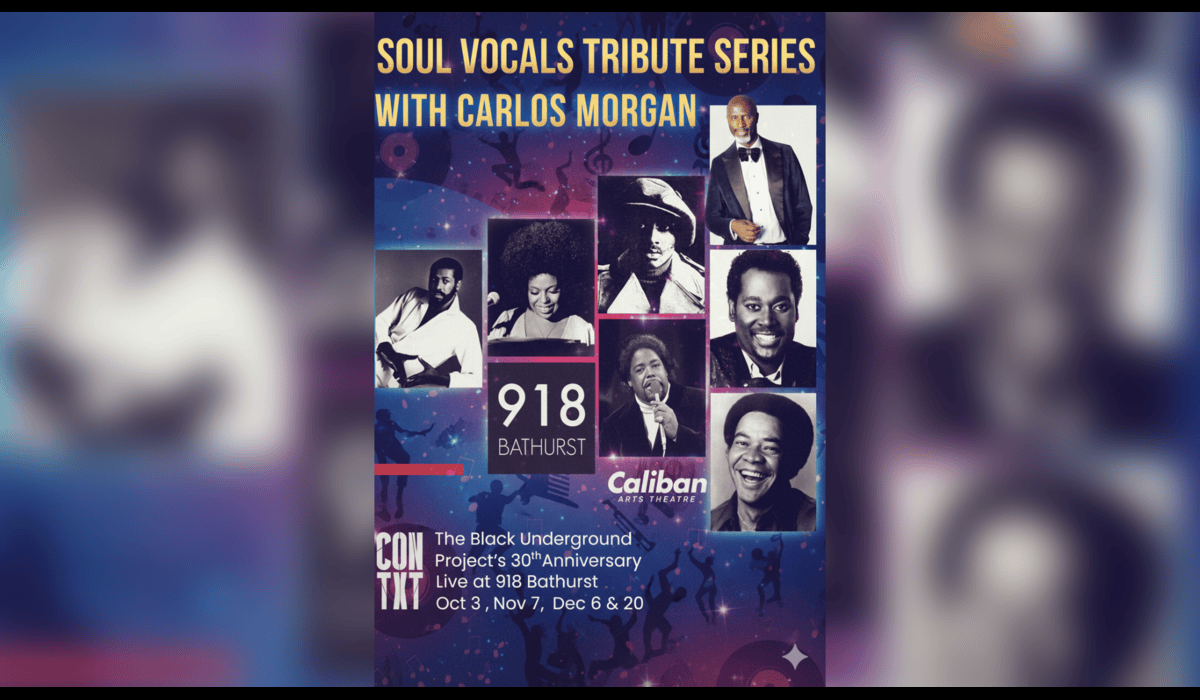A Successful Job Search Starts with Your Language and the language of those You Choose To Listen To
- Nick Kossovan
- The Art of Finding Work
- Trending News
- October 19, 2025

Image Credit: Geralt
How you connect with the world around you and what predominantly shapes your outlook on life, motivation, and whether you have a positive or negative mindset starts with your language, as well as the language you choose to listen to, which influences your outlook and way of thinking.
Language influencing your mindset is known as linguistic relativity, which shapes expectations that lead you to see obstacles either as challenges or as insurmountable barriers. From my interactions with job seekers and observations on LinkedIn, it’s clear that the prevailing language used by job seekers and others (e.g., media, career coaches, recruiters, hiring managers, resume writers) convinces most job seekers that they face overwhelming obstacles.
The language job seekers choose to hear and see others using (“The hiring system is broken,” “It shouldn’t be this hard to find a job”) has convinced them that employers don’t know how to hire, are biased, searching for unicorns, and making lowball offers. Is this happening? Of course it is, but not nearly to the extent that the media, resume writers, and self-proclaimed career coaches would have you believe.
Your meticulously tailored resume, ensuring it aligns with the job description, wasn’t sidelined by the employer’s applicant tracking system (ATS). It was superseded by someone just as qualified as you, likely more so, who either got luckier than you, presented themselves better as a match for the role, or applied sooner.
Those who profit off job seekers want job seekers to blame the ATS so they can sell their “I can write you an ATS-friendly resume” service. Ask yourself: Since no two ATSs are configured the exact same way—workflow setup, knockout questions asked, and keyword rules to filter and rank candidates—can there be a universal ATS-friendly resume? The premise of ATS-friendly resumes was manufactured by resume writers as a deceptive marketing (read: lie) strategy, similar to when cigarette manufacturers claimed smoking had health benefits.
Given the volume of resumes employers are dealing with, candidates who submit their resumes within 48 hours of a job posting going live tend to move through the hiring pipeline quickly, being classified as either “Let’s check their digital footprint to see if they’re interview worthy,” or “Pass.” As for the resumes that arrive after 48 hours, it’s likely that they won’t be reviewed. (NOTE: This is a generalization, not an absolute.) When looking for a job, be mindful that “the early bird catches the worm.”
It’s not the ATS.
It’s not AI.
It’s capacity.
It’s timing.
It’s luck.
It’s volume.
It’s supply and demand.
The reality of today’s job market is that there are more qualified applicants than job openings. As the adoption of AI and robotics accelerates, the applicant-to-job ratio, especially for white-collar jobs, will increase.
Think about some of the words job seekers use, or hear and see when discussing their job search, or are used by those selling their services to describe the current job market.
- ageism, racism, sexism
- bias
- broken
- brutal
- fake
- ghosting
- lowballing
- rigged
- scam
- screwed
- unfair
These ominous-sounding words, along with many others, are used to describe today’s job market, employers’ hiring process, and job search experiences. Such words foster a negative perception of the job market, leading to anxiety and low self-esteem, which, as I pointed out, resume writers and career coaches exploit.
Then there’s the news, which is in the business of creating angst-induced dopamine hits to get us addicted to the news. News rewires our brains by amplifying our natural negativity bias, the tendency to notice and dwell on negative events, giving them more significance than they deserve. The media never misses a chance to announce job cuts, mention hiring is slowing down, that jobs are being lost to AI, and that a recession is imminent. It’s no wonder that job seekers who consume the news believe the job market is an apocalyptic wasteland.
Social media is an even more influential “brain-altering” medium, as it’s filled with rage towards employers and the job market, as well as false narratives that job seekers create to blame everyone but themselves for their job search struggles.
I’ve observed that family, friends, and acquaintances who’ve committed to avoiding consuming news and engaging on social media attain a calmer mind, which is extremely beneficial when job searching. A calm mind facilitates clearer thinking, better strategic planning, and a greater ability to manage your emotions, weigh options carefully, and maintain focus on your job search goals. The anger that many job seekers publicly display, which makes them appear unprofessional and hinders their job search, stems from not having a relaxed mind. (One key trait of a hireable candidate is the ability to control their emotions.)
One of the most beneficial steps you can take in your job search is to stop checking the news, doomscrolling, and reading all the “woe is me!” posts from job seekers seeking sympathy. (Misery loves company.) Don’t let other people’s words, especially from those who have a vested interest in making you anxious, shape your view of the job market (people are hired every day), impact your self-esteem, or diminish your optimism that there’s a light at the end of your job search tunnel.
_____________________________________________________
Nick Kossovan, a well-seasoned corporate veteran, offers “unsweetened” job search advice. Send Nick your job search questions to artoffindingwork@gmail.com.








